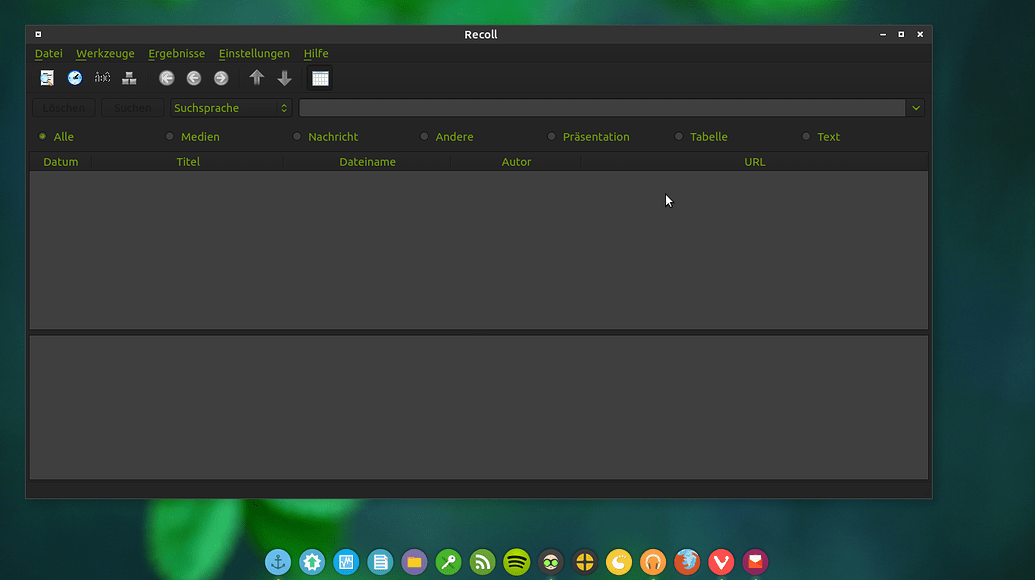

ExifTool probably gives us the simplest way to extract metadata from files, as it is free and an open-source program. This metadata may comprise a bunch of information such as the camera make, file type, permissions, file size etc., though it further offers more details about the photograph, like the exposure, the shutter speed and whether the flash fired or not. It is a platform-independent Perl library coupled with a full-featured command-line implementation for reading, writing and manipulating the metadata across a broad range of files, particularly the JPEG images. Extract metadata using specific keywordsĮxifTool is developed by Phil Harvey.Extract the Specific Meta-Data Information.

Extract the Common Meta-Data Information.EXIF is an acronym for Exchangeable Image File Format and it is a standard for the inclusion of metadata in certain file types. In order to achieve this, we’ll be using a tool known as “ExifTool”. In this article, we’ll discover various methods to read, write and manipulate the meta-data information recorded in a variety of file types.


 0 kommentar(er)
0 kommentar(er)
